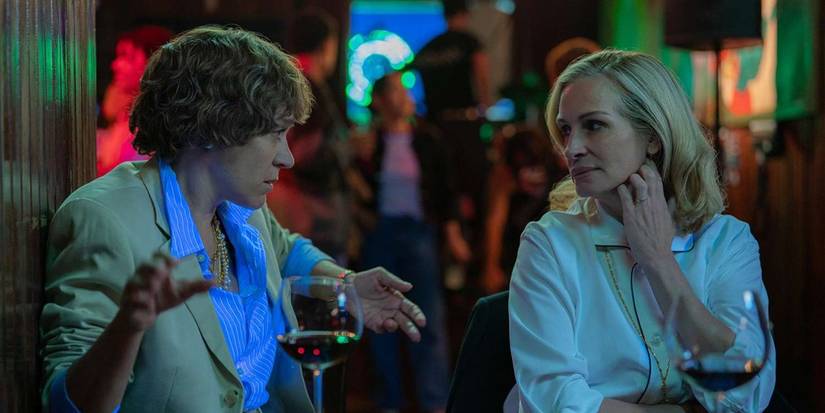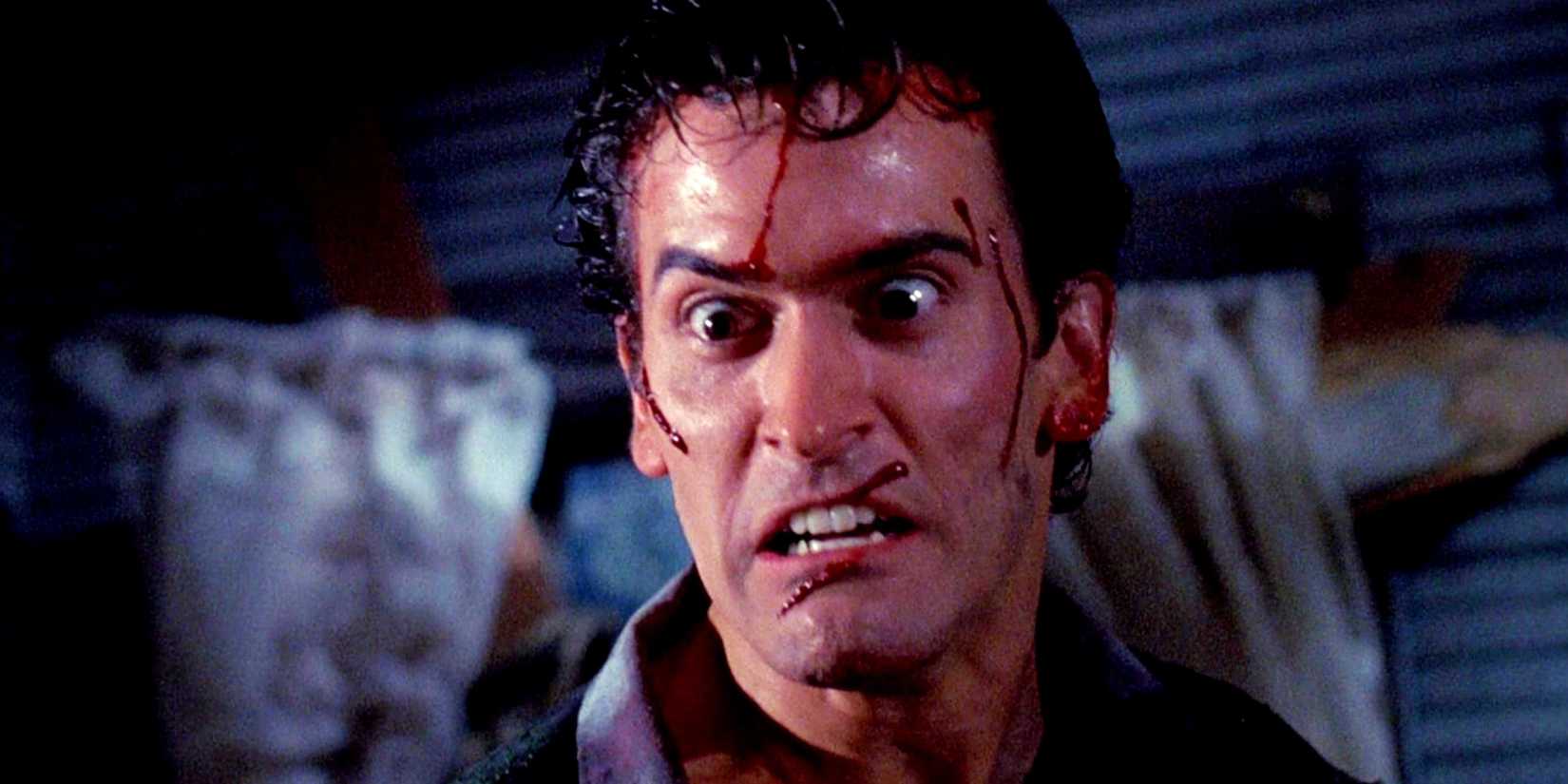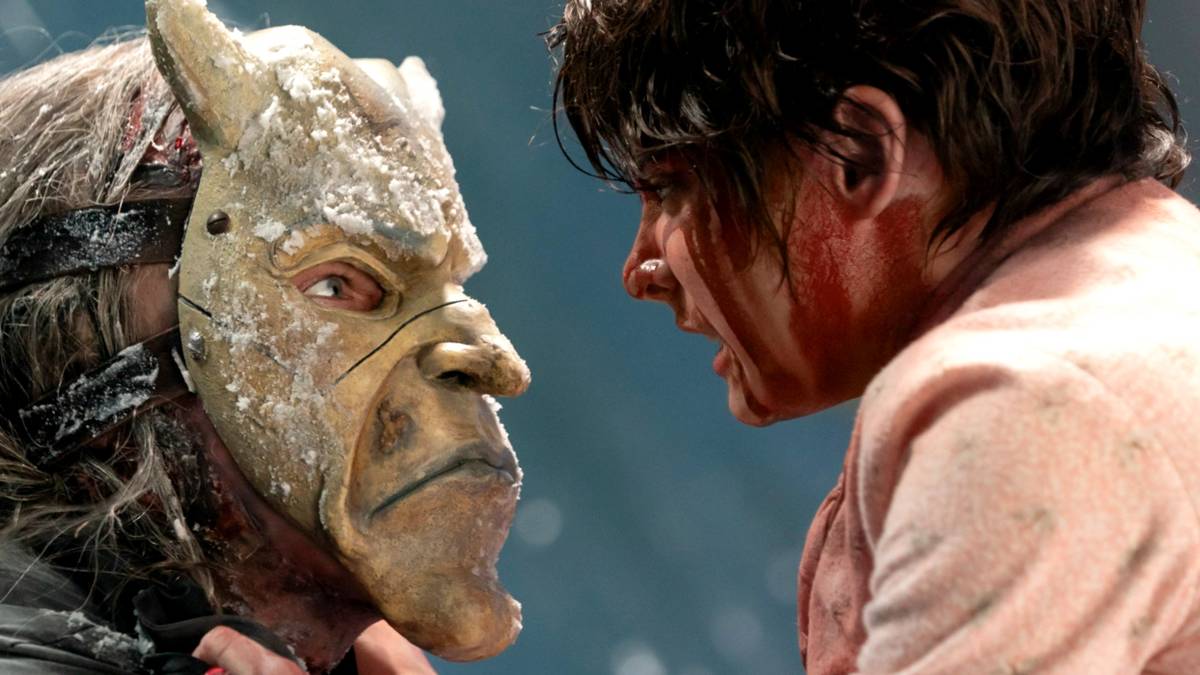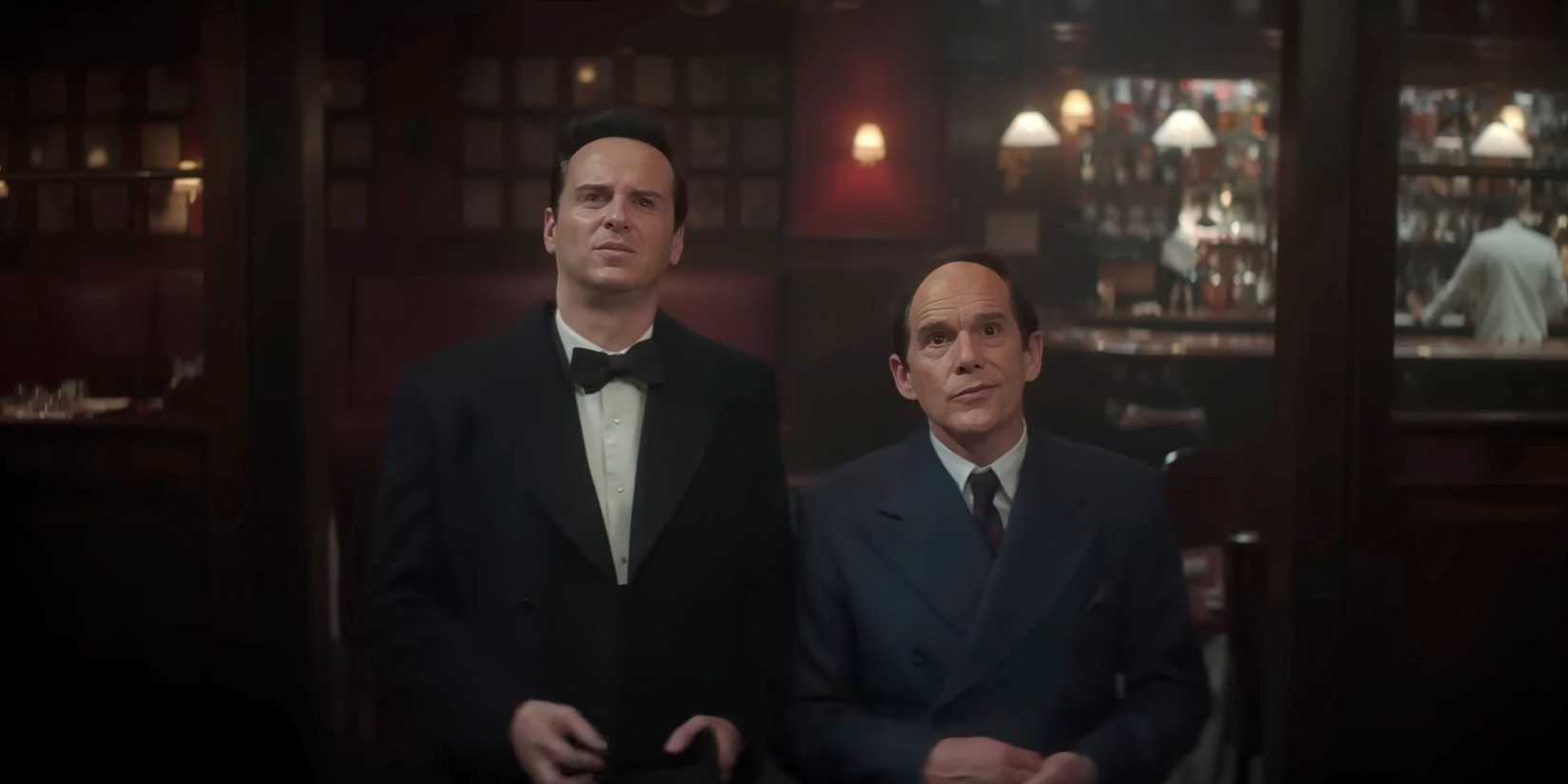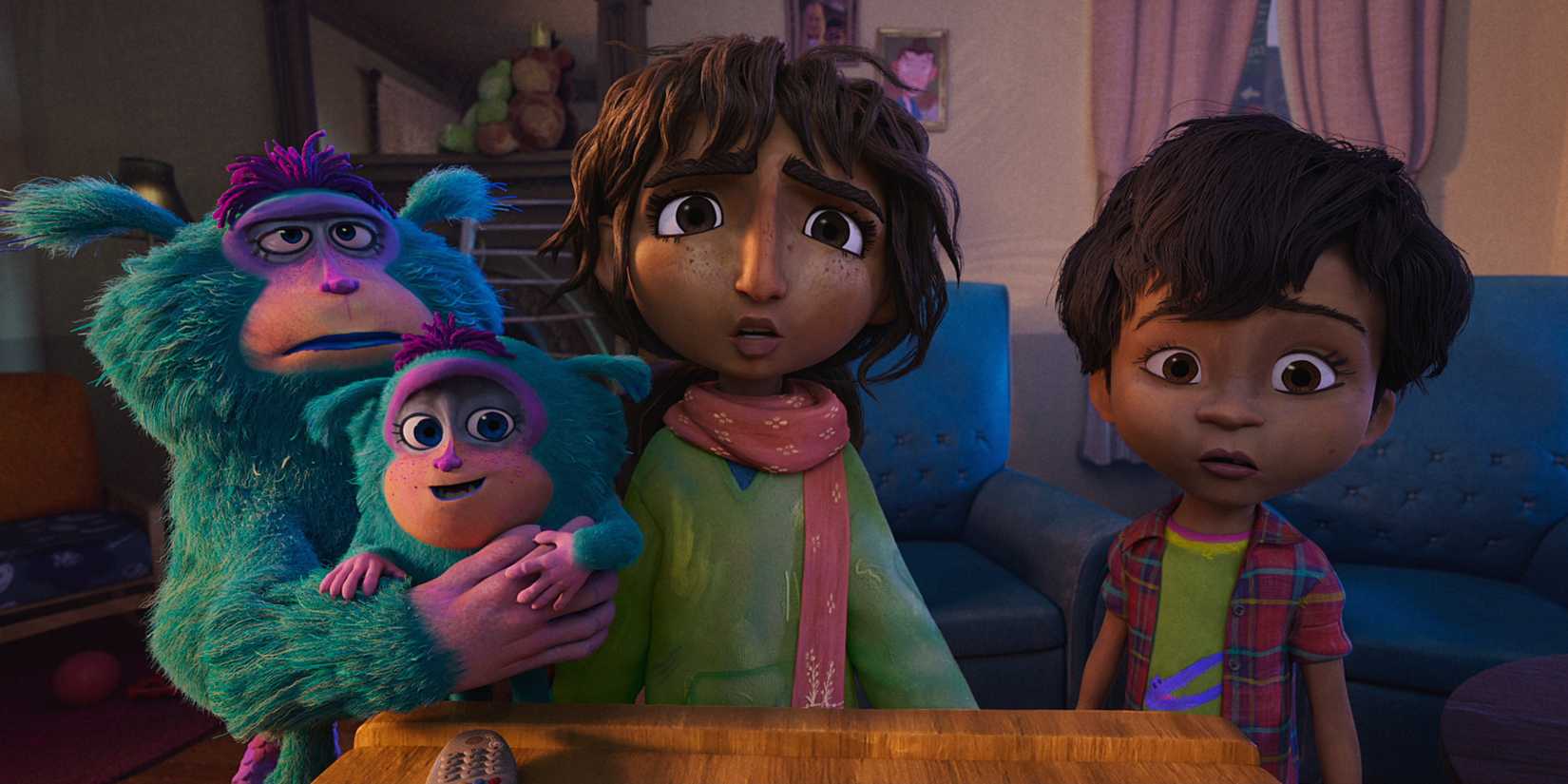Since the advent of streaming, the movie exhibition business has been on a long, slow march toward a new state of play. The pandemic accelerated it, freeing studios to explore shortened windows of theatrical exclusivity, but the general takeaway was that things were heading in that direction anyway. The growing demand for at-home viewing wasn’t going anywhere.
Now, as then, the situation is existential for cinemas; the box office isn’t returning to its pre-COVID numbers. It’s apparent that people won’t go to their local theater to see just anything anymore. And while VOD may not cannibalize a movie’s box office, knowing something will be available to rent or stream soon is a big reason why those two non-overlapping audiences exist.
Fears that streaming will entirely supplant theatrical moviegoing seem overblown to me, but they speak to how people see these two things as oppositional, and Netflix has been a big part of that. Of all the streamers, Netflix has taken the most aggressive anti-cinemas stance, with CEO Ted Sarandos making headlines for calling the theatrical experience an “outmoded idea” earlier this year.
But the ice may be thawing. AMC, which often took a stand against Netflix’s windowing practices by refusing to play their movies, will participate in the Halloween weekend return of KPop Demon Hunters to the big screen.
Netflix’s most successful film ever had a one-weekend theatrical release in August without them, but according to Puck, AMC CEO Adam Aron and Sarandos have since been talking through their company’s differences. The major chain has already agreed to show Greta Gerwig’s Narnia movie in its limited IMAX release next year, and future collaborations are reportedly on the table as talks continue.
Will the world’s most successful streamer suddenly pivot to embrace first-run theatrical releases? I doubt it. The Gerwig deal is special, and even if it happens again, is likely to be rare. But this KPop Demon Hunters situation is different, and suggests the relationship between theaters and streamers is entering a new, potentially transformative phase.
Netflix’s KPop Demon Hunters Theatrical Release Could Be A New Way Forward
After a century, we’re accustomed to thinking of movie theaters as the place to see whatever’s new. Streaming services may be challenging that, but all the industry talk about windowing still aligns with this perception. Theaters first, at-home second.
KPop Demon Hunters‘ first release event stood out to me for this reason. Netflix movies usually go to theaters for Oscars qualifying runs, or when someone like Gerwig or Rian Johnson throws their weight around to secure a special event. This time, Netflix was putting an already bonafide hit into theaters as a second window.
Why? Not for the money, though they could make good money from it that way if they wanted. Netflix doesn’t report box office totals, but estimates had KPop winning the weekend with over $19 million – almost as much as they paid Sony for it.
Instead, they needed that “outmoded” communal experience. This film has the potential to spawn a lucrative new franchise, and giving people an opportunity to collectively enjoy their fandom helps build the long-term engagement Netflix is looking for. The movie might not need theaters to succeed, but that doesn’t mean they have nothing to offer.
For theaters, of course, it’s absolutely about the money, and the money came in. A win for everyone involved. And, potentially, the start of a new paradigm.
In all this talk of box office decline, it’s sometimes overlooked that repertory cinemas have been trending up. Since the pandemic, communities (notably of young people) have been building up around local theaters putting classic movies back on the big screen – why take a risk on going out for a new film when you can see an all-time great one instead, right?
While hardly a replacement for the moviegoing business at large, it’s a sign that the theatrical experience itself hasn’t totally lost its shine. It’s just film-dependent. And while studios and streamers alike consistently serving up quality, eventized new releases is the ideal solution to that problem, hit streaming films appear to be an untapped resource.
Theaters Should Embrace A Two-Way Relationship With Streamers
The theatrical experience, at its height, is truly special. The importance of IMAX to a film’s success and the growing obsession with different formats speak to this. If a movie people already loved on streaming is put in theaters afterward, there will be an audience wanting to see it on the big screen. Maybe not the size of a first-run crowd, but a $19 million weekend is nothing to sneeze at.
Sure, KPop Demon Hunters is special. But what if Netflix had capitalized on Rebel Ridge‘s momentum with a theatrical run? Or if Disney responded to the reactions to Prey by putting it on the big screen (and not waiting until the next Predator movie three years later)?
It’s already been well-documented that theatrical can help streaming, with the awareness created by the customary marketing push of a wide release carrying over once a movie reaches its platform. But the relationship need not be so one-directional. Theaters embracing a role as a second window for streaming-first films could benefit both parties.
I’m glad to see AMC getting in on the action this time around, and I hope this second KPop Demon Hunters weekend is a success. Before long, just as people currently look at questionable theatrical movies and think I’ll wait until it’s on streaming, it could become normal to see a great streaming movie and think I can’t wait until it’s in theaters.

